Home, I’m Darling at the National Theatre
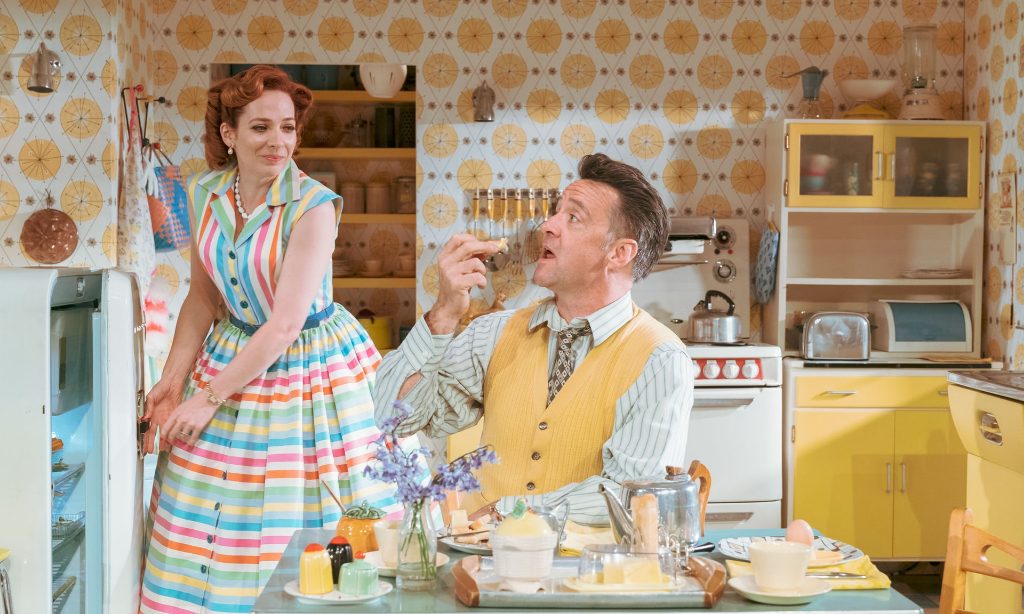
Nostalgia is the new new. Fashion relies on it. The film industry is constantly trying to tap into it. And politicians promise to make things great again, harkening back to a past that didn’t ever exist. Judy (Kathryn Parkinson) has leant into this phenomenon more than most. She’s quit her job for a “gingham paradise”, a Pinterest version of the 1950s that’s more pinafores and patterned wallpaper than post-war rationing. But it’s not cheap to have everything look so old, and when husband Johnny (Richard Harrington) misses out on a promotion, their marriage’s Formica top starts to peel.
Home, I’m Darling doesn’t initially seem like a #MeToo play, or a Trump play, or a Brexit play. And it’s certainly not only those things, touching on the idea of feminism as individual choice and the basic tensions of who does what in a relationship. And yet, Laura Wade does an incredible job of commenting on our current moment without it ever becoming specifically an “issues” narrative, showing how very easy it is for regressive attitudes – at best dormant, but perhaps never really gone – to be green-lit by such rose-tinted glasses.
There are times when the production is overt; an office accusation of sexual misconduct against a friend’s husband, and the discussions that follow, show the playwright at her most explicit. But this sense of nostalgia as an affliction is also there when Judy tells Johnny to “man up” following a confession of how he feels, or in the very idea of a cartoon version of a past that’s more appealing than the present. Anna Fleischle’s doll-house design and director Tamara Harvey’s swinging scene changes really hammer home the idea that the couple are playing at the 50s, fetishising the decade rather than living it.
The idea of “traditional” gender roles – and “traditional” genders – are so insidious, creeping into the most innocuous of situations and exchanges, that they can be hard to shake off. Wade digs into this by – non-judgmentally but not uncritically – looking at why Judy might want to inhabit a role her mother fought to end and the psychological impact of such domesticity, as well as pondering what a patriarchal society actually deems as “work” and the toll such concepts take on a relationship where work can be defined as who is and isn’t earning money.
Anchoring all this is a sublime turn from Parkinson. The actress is endlessly funny without turning the play into a sitcom, her Judy a brittle, anxious, quietly heart-breaking woman who has Stepford Wife-d herself away from the hopeful, genuinely vibrant person glimpsed in a flashback.
Connor Campbell
Photo: Manuel Harlan
Home, I’m Darling is at the National Theatre from 24th July until 5th September 2018. For further information or to book visit the theatre’s website here.





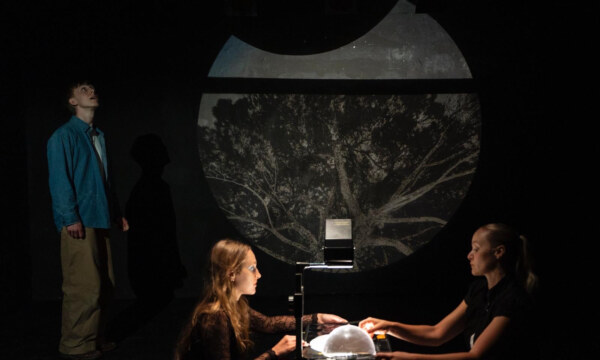

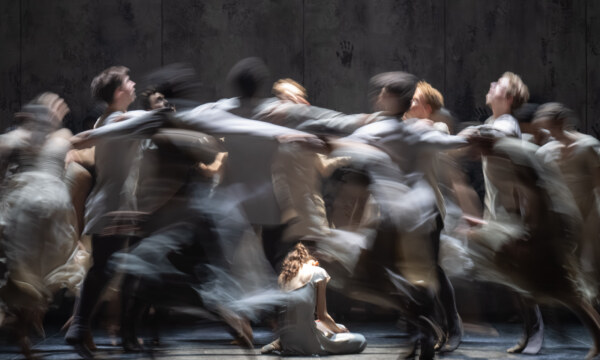

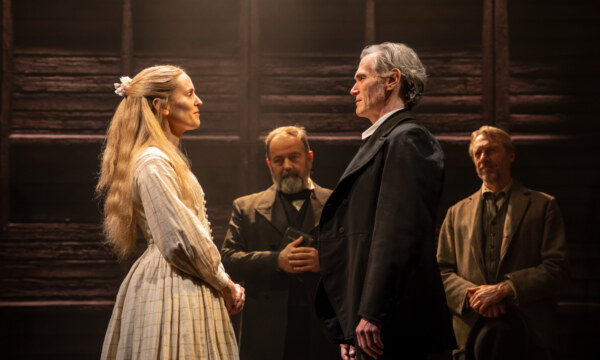













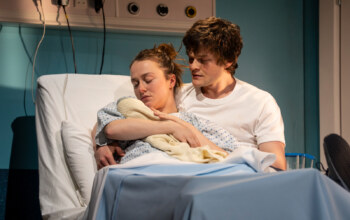


Facebook
Twitter
Instagram
YouTube
RSS